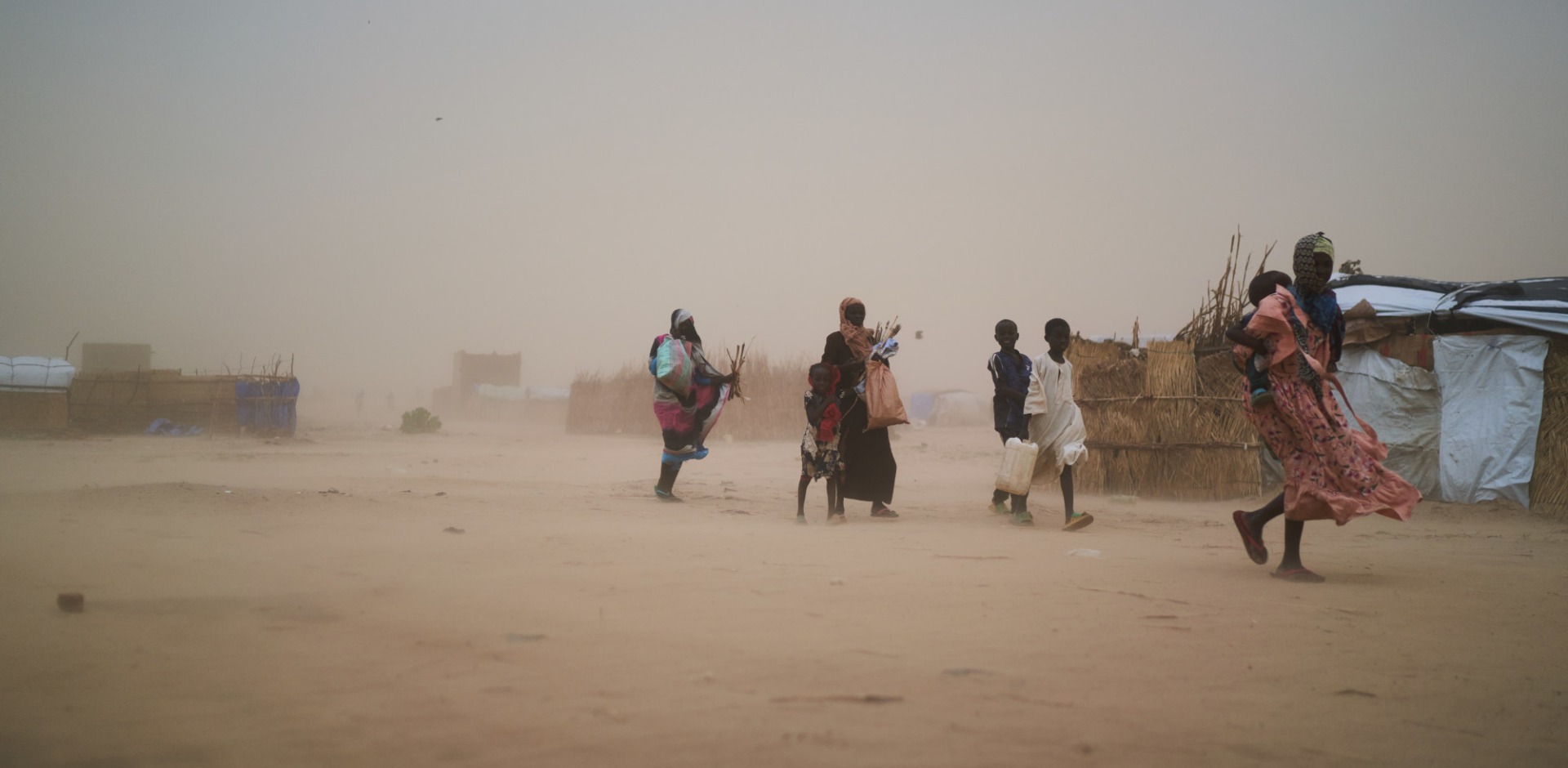
FAMINE IN SUDAN
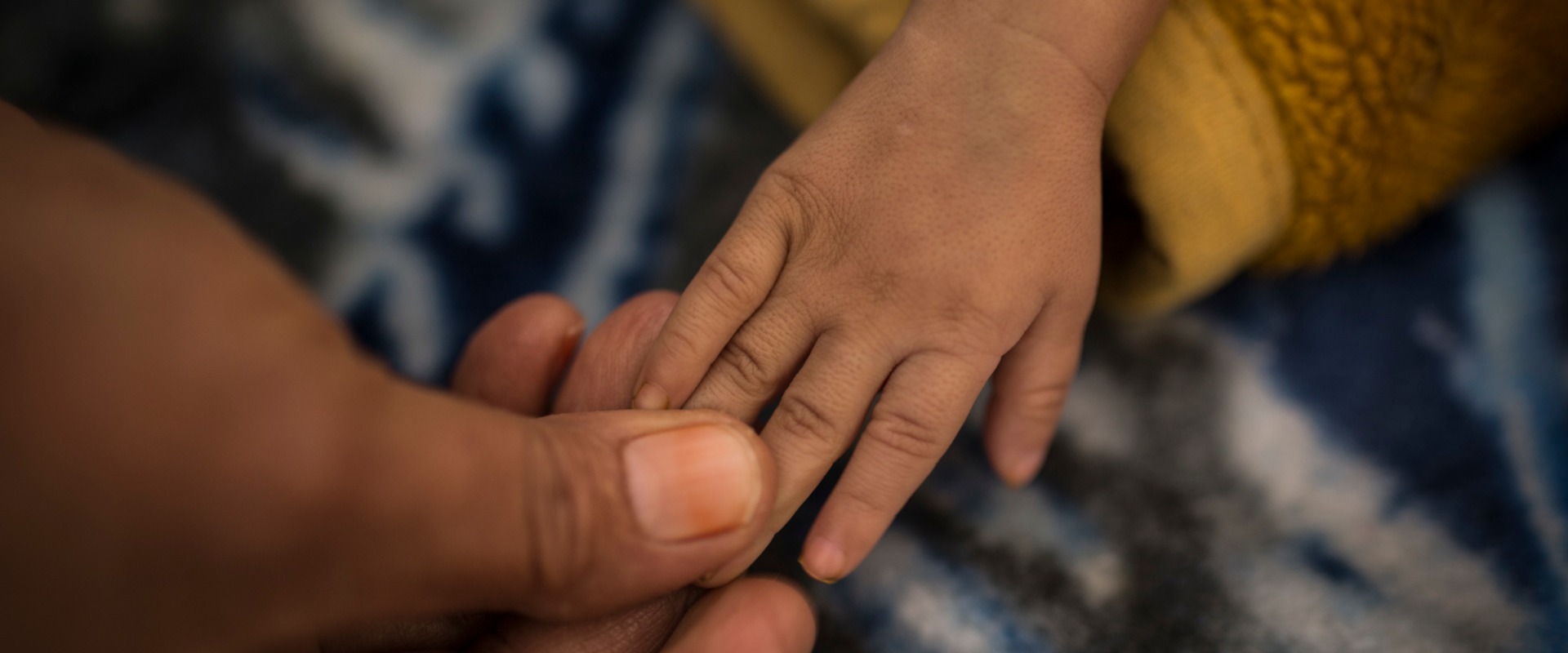
Despite clear legal prohibitions and growing calls for action, gender-based violence (GBV) remains both highly prevalent and chronically under-reported worldwide. The risk of gender-based violence surges in conflict and emergency settings, where the breakdown of community structures and the rule of law can exacerbate pre-existing patterns of discrimination and expose vulnerable groups to human rights violations. However, the impacts of gender-based violence often last far beyond the act itself: the physical, psychological, social and economic consequences can reverberate throughout families and communities for generations.
Women and girls are at high risk of many forms of gender-based violence (GBV) throughout all stages of life, from infancy to old age.
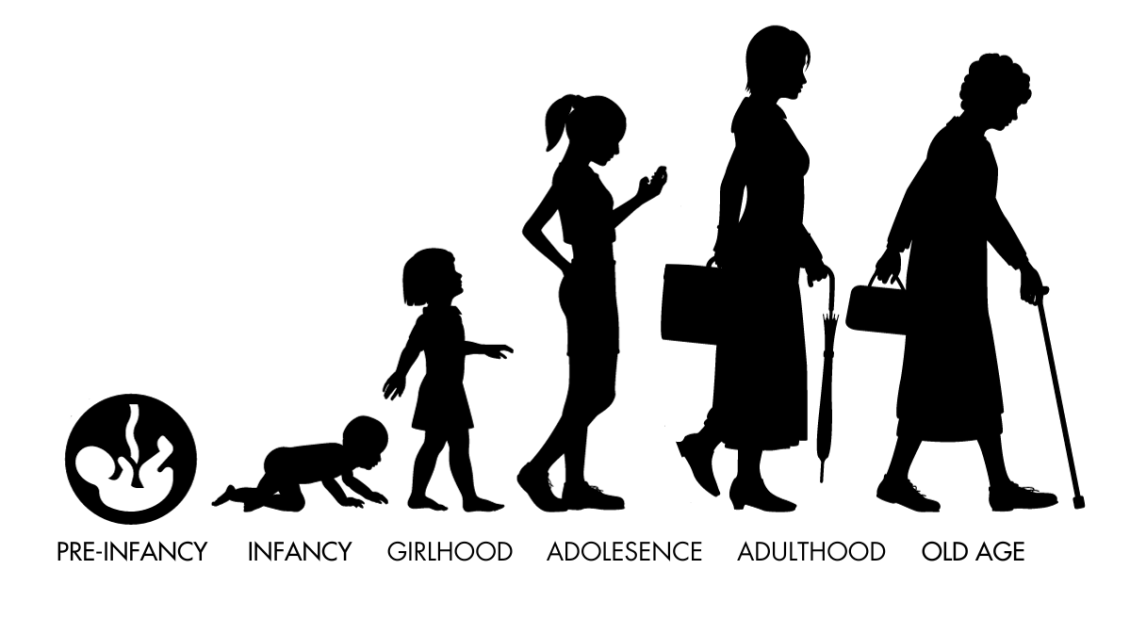
Violence against women is one of the biggest causes of injury and death to women worldwide, causing more deaths and disability for women ages 15 to 49 than cancer, malaria, traffic accidents and war. In other words, it’s an epidemic. The World Health Organization (WHO) estimates that 1 in 3 women worldwide have experienced physical or sexual violence in their lifetime.
However, violence against women goes beyond the physical. Violence can include limiting autonomy, decision-making power and access to vital resources, like food, water, and income.
And its consequences tend to have cumulative effects throughout life.
Survivors of sexual and gender-based violence may face stigma, exclusion, socioeconomic marginalization, or retaliation, which contribute to the chronic under-reporting of these types of crimes. “Most survivors feel ashamed,” says an Action Against Hunger food security and livelihoods expert.
Often, this silence exposes women and girls to GBV for longer periods, prolonging and intensifying its effects and threatening survivors’ and their children’s health.
In many parts of the world, women and girls face discrimination in their access to nutritious foods and healthcare.
“Whenever I have counseling sessions with women suffering from malnutrition or with children with malnutrition, I learn that GBV is the cause,” says one social worker with Action Against Hunger. “Forced marriage and forced pregnancy are the most common problems of the women I work with. I have learned that these types of sexual violence make women suffer from depression and other mental health issues, making it more difficult for them to take care of themselves and their children.”
Studies have found that women who have experienced intimate partner violence before or during pregnancy are at an increased risk of having a child experiencing malnutrition.
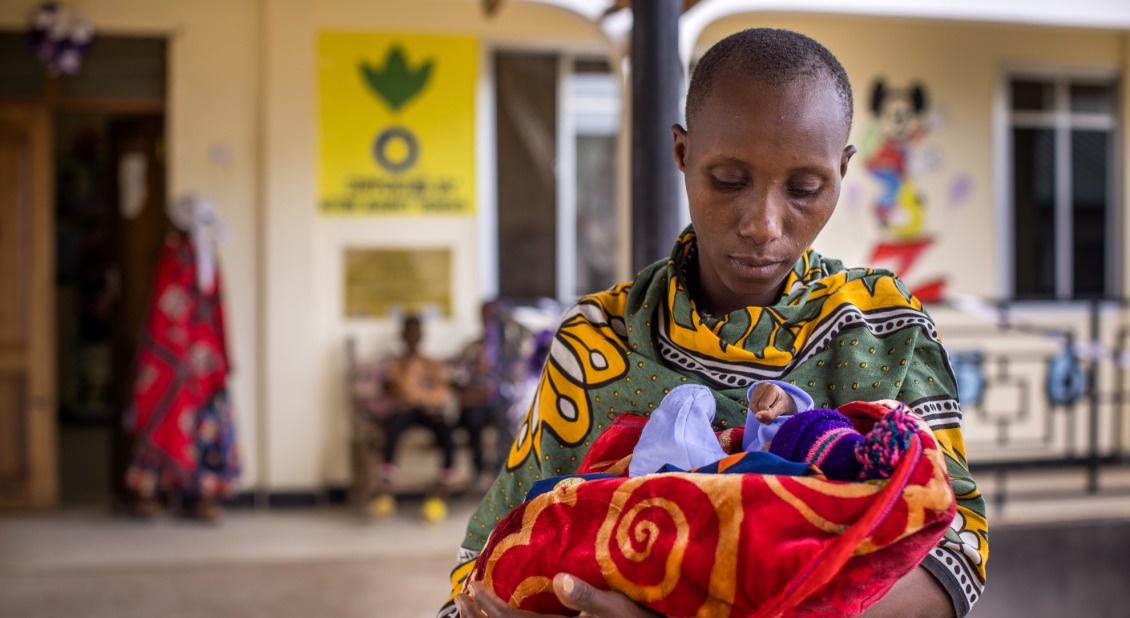
Intimate partner violence can negatively impact maternal caregivers’ mental health and psychosocial well-being – which can disrupt the important bonding between mothers and children and influences how mothers feed their children.
According to UNICEF, women experiencing intimate partner violence are less likely to engage in recommended breastfeeding practices that are a crucial part of infant and child nutrition. They’re also more likely to give their infants alternative formulas within 24 hours of birth, delaying the essential first hour of breastfeeding, which is crucial for developing a newborn’s immune system. Often, this is because violence has created an overall environment that’s not supportive of breastfeeding.
Studies have also found that violence often continues after pregnancy, leading to increased depression, risky behavior, substance abuse, antisocial tendencies, and suicidal thoughts among women. These factors are linked to poor nutrition outcomes for both mothers and their children.
Recognizing that gender discrimination and gender-based violence are key drivers of hunger, Action Against Hunger integrates gender and protection activities into our programming.
Our teams highlight that financial empowerment and better educational opportunities would be effective ways to help survivors and reduce sexual violence. “Financial dependency can make survivors accept sexual violence,” remarked an Action Against Hunger team member, citing child marriage as an example of how financial hardship can lead to exploitative relationships. She adds that, “providing educational opportunities to girls could help them stand on their feet in the future.”
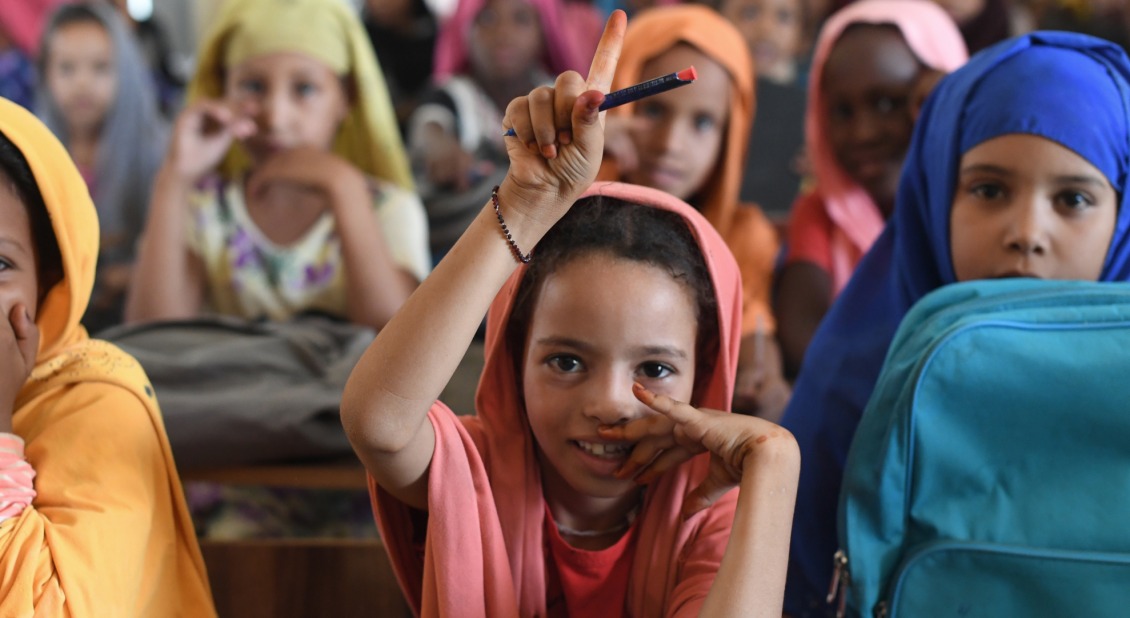
That’s why we work to expand our Mental Health, Psychosocial Support and Protection activities to address the needs of survivors of sexual and gender-based violence, as well as advocating for improved economic and educational opportunities for women and girls.
We are proud to lead initiatives that ensure that humanitarian interventions include the systems and mechanisms to mitigate gender-based violence risks, especially violence against women and girls, and to provide safe and comprehensive services to those affected by gender-based violence.
Join our community of supporters passionate about ending world hunger.